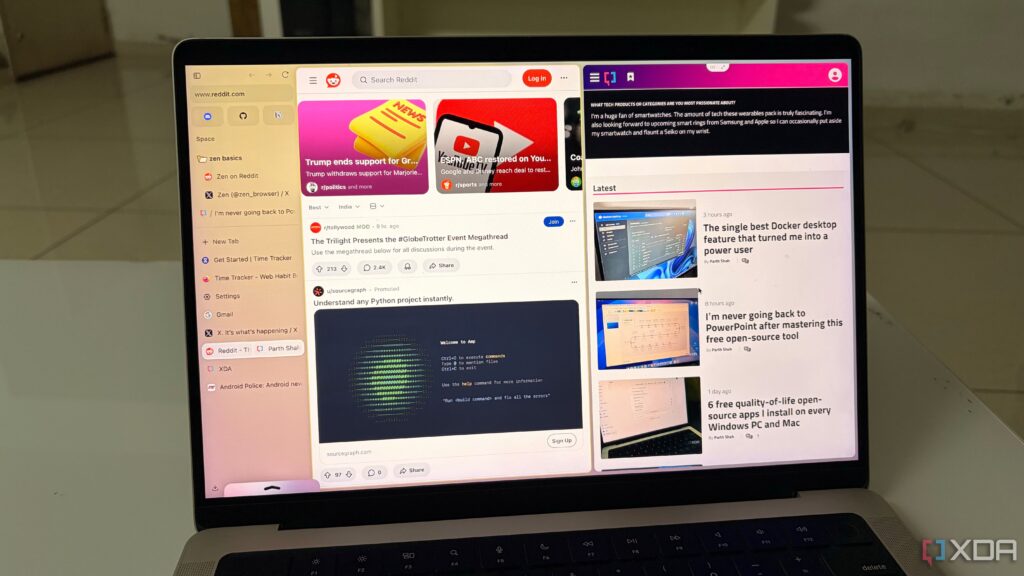
UPDATE: A significant shift in web browsing is underway as users are urgently moving away from Google Chrome in favor of the newly released Zen Browser. This decision comes amid growing concerns surrounding data privacy and high resource consumption associated with Chrome.
The Zen Browser, built on the open-source Firefox foundation, offers a modern user interface and emphasizes user privacy. Its unique features, including the innovative Workspaces and Split View, provide a refreshing alternative to the dated Chrome experience. Users are reporting a marked improvement in productivity and control, making it a compelling choice as concerns about data harvesting increase.
The transition to Zen Browser is particularly relevant now, as many users seek alternatives to the Chromium-based browsers that dominate the market. With major browsers like Chrome, Edge, and Opera relying on Chromium, the web risks becoming a monopoly. Zen’s commitment to open-source principles ensures transparency and community-driven development, appealing to those who prioritize privacy.
Developed with the Gecko rendering engine, Zen Browser outperforms its Chromium counterparts in managing system memory while delivering fast browsing speeds. Users are delighted by the browser’s aesthetic, which includes a vertical tab sidebar that maximizes vertical space, offering a more organized browsing experience.
One user remarked, “Zen’s interface is dynamic and highly refined compared to Chrome’s cluttered design, making browsing a more enjoyable experience.” This shift in user sentiment signals a growing demand for browsers that prioritize both functionality and user experience.
Moreover, Zen Browser offers robust extension support by granting access to the comprehensive Mozilla Add-ons library. Users can seamlessly transition their essential tools, such as password managers and productivity apps, without losing functionality. This accessibility is crucial for those who depend on extensions to enhance their browsing experience.
The Zen Browser also shines in productivity features. The Workspaces tool allows users to organize tabs by category, such as Social, Banking, and Work, ensuring easy access to essential resources. Additionally, the built-in screenshot tool and customizable keyboard shortcuts further streamline workflows, providing users with a powerful browsing experience.
While Chrome has long been a household name, users are increasingly recognizing the value of Zen Browser’s open-source nature. “It offers a control and calm that Chrome simply can’t match,” noted one user, emphasizing the importance of privacy in today’s digital landscape.
Looking ahead, many are eagerly anticipating the mobile version of Zen Browser, which could enhance the browsing experience on smaller screens. Currently, users find the workaround with Firefox less than ideal, underscoring the urgency for a native mobile solution.
As the shift from Chrome to Zen Browser accelerates, users are encouraged to explore the advantages of prioritizing privacy and efficiency in their online activities. This ongoing transition highlights the critical need for web browsers that cater to user demands in an evolving digital world.
Stay tuned for further updates as this trend develops, and consider making the switch to Zen Browser for a more secure and productive browsing experience.






